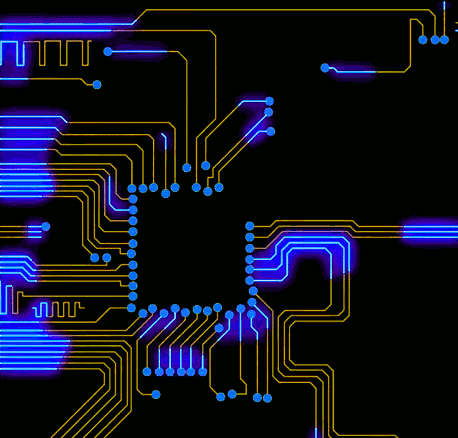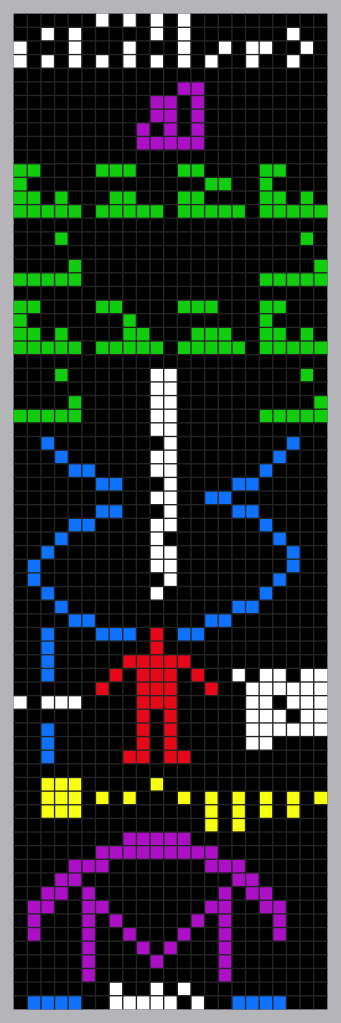The tired self as I know it
A momentary glimpse of the self, yet their eyes are elsewhere, locked onto something unseen but important. As if the world paused, just for a second, and they forgot to blink
I am trying to make sense of everything I am doing. But it is relatively more difficult than just accepting what I am doing as it is with lousy reasoning and baseless assumptions. My insecurity is at its peak; unable to act and predict my own actions.
I have been reading some books on modern philosophies to help me find a narrative to support my way of being.
I feel tired. Tired of pretending that I have got it all.
My trouble stems from the uncompromising acceptance of my mediocrity, or to put it in unbiased, non-judgemental terms, my actions are not what my inner self’s intentions are.
The self, here, in this context, is the last visible layer of my spiritual being. I need to confess that I am not a spiritual person. I am not sure what it means to be spiritual. I think this aforementioned self is visible to me during unpredictable times, like in a conversation, or when focused, doing some chores, listening to a podcast, etc.
I don’t know, but often untraceable, it is. It sometimes reveals itself to me, but just enough to keep me engaged with its presence, a mere momentum stimulus for me to keep searching for it.
I’d like to talk to it, understand it, and provide.
However, I do not want to get lost in its depth. I know how deep it can be, I know it does not exist in this realm. I also know it is not what I think it is. A lot of questions, but very few answers. But asking the right questions is more important than the answers. The answers can be subjective, but questions, as far as I am concerned, are thought objects, a frozen stream of thought taking its shape as a question, only comprehensible to our immediate self.
I am trying to understand what it is that makes me feel the way I do. This could be me—the one writing these words—or perhaps the multitude of selves within me, layered in the form of thoughts, fleeting fragments that seem light but gain or lose weight the moment I engage with them.
It reminds me of the uncertainty principle in quantum mechanics, which states that certain pairs of properties—like position and momentum—cannot both be measured with perfect precision. The more precisely one is defined, the less certain the other becomes. I find a similar paradox within my thoughts. Once I grasp a thought, it transforms; it’s no longer what it was. The act of observing, analyzing, or articulating it—by the “outer self” that writes—alters the essence of the “inner self” that thinks. The thought's properties shift, shaped by the act of engagement itself.
The inner self, however largely disconnected it is from the outer self, cannot be considered unaware of the influence by the immediate self. The immediate self can be shallow, however smart or rational it is, but shallow, lacking depth, lacking purpose, lacking the effect of inner self, lacking awareness, trapped within the bubble safeguarded by the noise made by society and surroundings.
Maybe I am trying to find my true self, who I am, and my purpose in life and simultaneously exhausting myself like a self-aware marionette abused by the notion of freedom, purpose, and meaning, like strings that are attached to the marionette.
These questions lie at the heart of existentialist philosophy, which seems to explore personal freedom, the search for meaning, and the responsibility of individuals to define their own purpose. However, my interpretations of my being can be very erratic. The more concise the sentences are, the less precise it is, but it really depends on the individual’s interpretation.
Nothing is absolute when it comes to thoughts, feelings, and emotions, but actions can be absolute, and actions influence my behavior—that is, the thoughts that triggered the actions in the first place.


